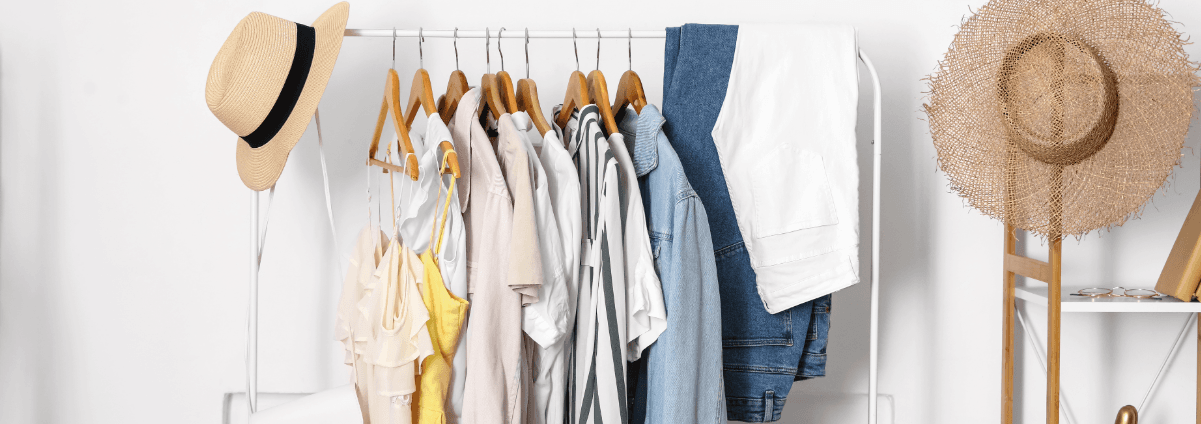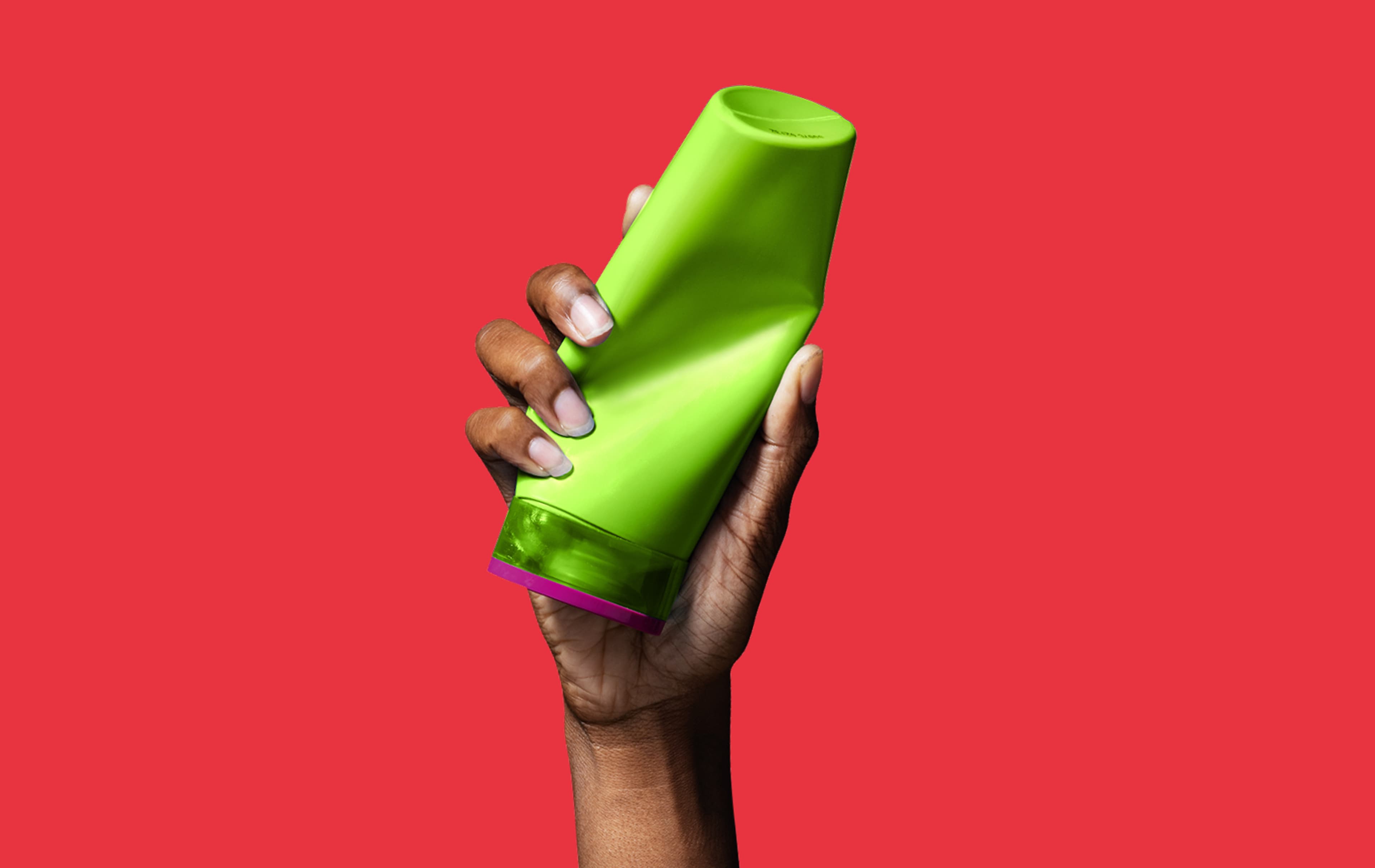As the Olympic Games approach, our small but mighty nation is already competing on the world stage - not in sports, but in recycling!
With pride, we've recently secured the silver medal, placing Wales as the world's 2nd best recycling nation, with only Austria just ahead of us. Pretty impressive, huh?
But we're not settling for silver. We're aiming for gold, and we need your help to get there. Just like in the Olympics, every contribution counts! Here are five simple, yet powerful, actions you can start taking today to help Wales climb to the top of the global recycling podium:
1. Keep your food out of the bin
Despite being one of the only nations in the world where every local authority provides a weekly food collection service, a staggering quarter of the average rubbish bin is filled with food. This adds up to an enormous 110,000 tonnes a year, which is enough to fill 3,300 double decker buses!
Nailing your food waste habits is the no.1 action you can take to make Wales the world leader. Foods such as potatoes, bread, veggies fruit and leftover chicken are commonly wasted. There are many simple ways you can use them up in meals. Check out our simple recipes designed to save you time and money. When you can’t eat it, it should be recycled, so it can be transformed into renewable energy. From eggshells, veggie stalks, bones and teabags – make sure you pop them in the caddy, every time. Find out more, or how to order a free caddy.
2. Ace your household recycling
Whilst over 95% of us in Wales are regular recyclers, some recyclable items still end up in the rubbish bin. Foil, empty aerosols, and garden waste are common culprits, and even everyday recyclables like paper, cardboard, and glass bottles sometimes get missed too.
Doing the right thing with all your household waste, is a simple yet powerful way to boost Wales' global recycling ranking and protect the environment. Recycling conserves valuable resources and energy—did you know recycling just one aerosol can save enough energy to power a TV for 8 hours?
If you're not sure what can or can't be recycled in your area, use our Recycling Locator to help you recycle right, every time.
3. Mastering textiles and electricals
Clothing and textiles in good condition can be sold, donated to charity, repaired, or upcycled. Items that are no longer wearable can be recycled at textile banks, often located at supermarkets and your local recycling centre, where they are sent to be reused or recycled into new items, such as padding for chairs and car seats, cleaning cloths and industrial blankets.
Some local authorities accept small electricals as part of their home recycling schemes. If yours does, there may be specific instructions for collection, such as placing small electrical items in a clear plastic bag tied to your recycling bin. It's best to check with your local authority first. Small electrical items can also be recycled at recycling centre.
4. Recycle everywhere: At work, rest and play
Whether you’re at work, rest or play, you should find recycling bins for metals, plastics and cartons, paper and card, glass and food. Make sure you use them correctly, as this will make a massive difference in creating a greener Wales and helping us reach the number one spot in recycling.
5. Embrace sustainable shopping: Opt for pre-loved
To become world leader, we must go beyond recycling. Embracing eco-friendly shopping habits will not only help us claim that top spot, it will also help us smash Wales’ target of becoming a zero-waste nation by 2050.
Clothing is a great place to start. The fashion industry is the world’s third biggest contributor to carbon emissions. However, opting for pre-loved items ensures clothes circulate longer, benefiting the planet, your wallet, and your style! Shop guilt-free, find unique pieces, and stand out from the crowd.
With numerous online options like Vinted, Ebay, and Depop, alongside vintage, pre-loved, and charity shops on the High Street, you are literally spoilt for choice. Explore our tips for curating a planet-friendly summer wardrobe and make a sustainable statement.

